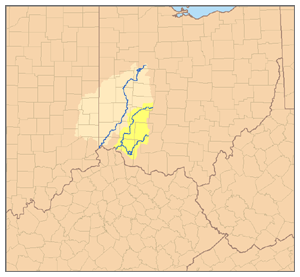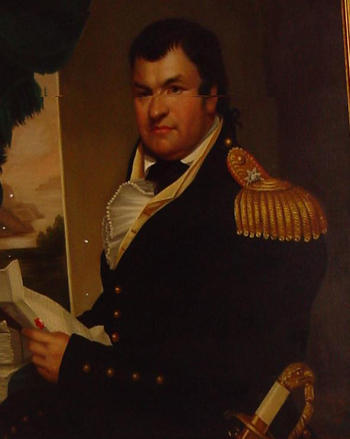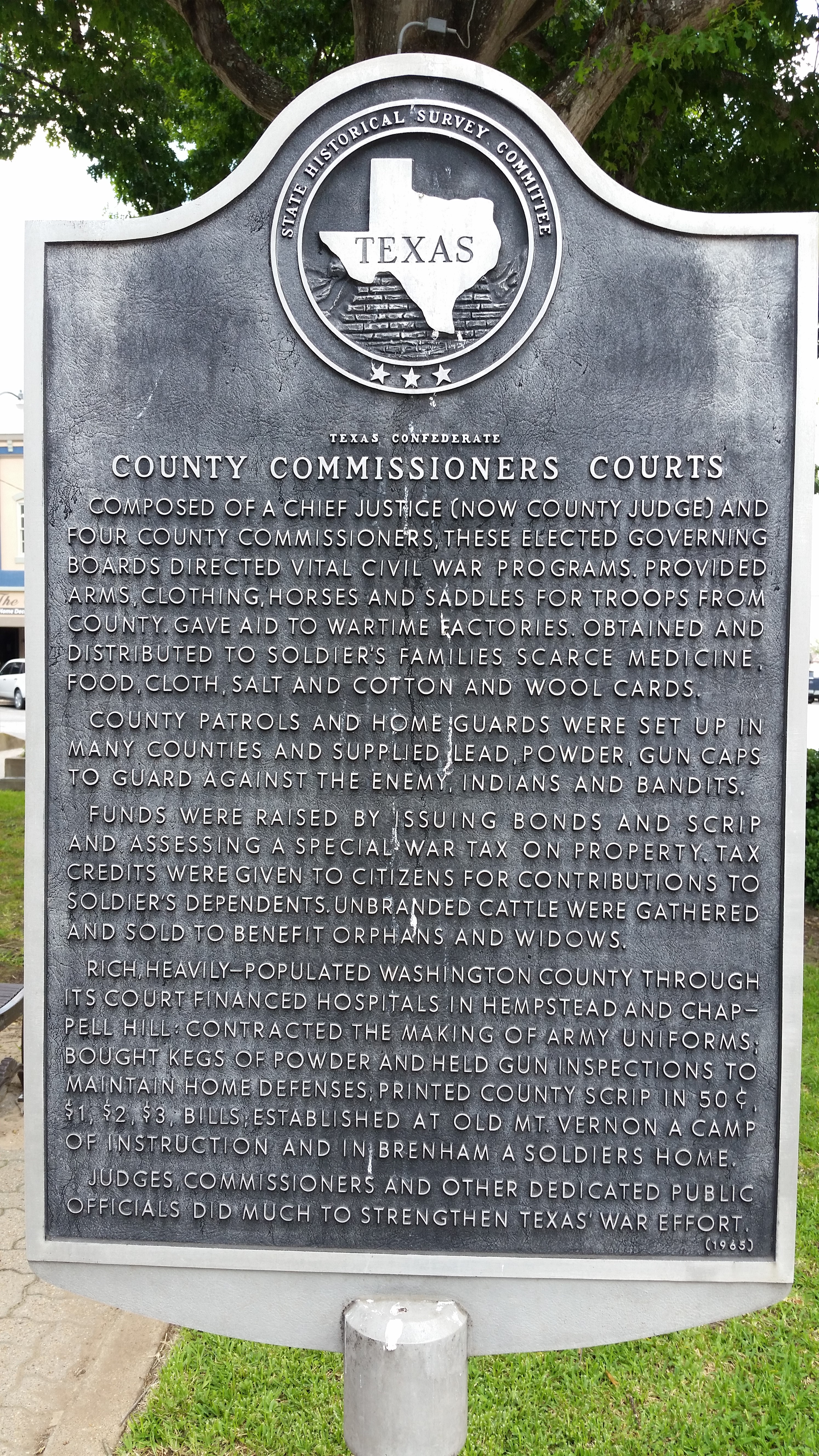|
Emanuel Shultz
Emanuel Shultz (July 25, 1819 – November 5, 1912) was a shoemaker, merchant, manufacturer, banker and a member of the United States House of Representatives from Ohio for a single term from 1881 to 1883 Early life and career Emanuel Shultz was born in Berks County, Pennsylvania, the son of George and Mary (Vinyard) Shultz. He attended the public schools until he was eleven years old when his father died. He was compelled to leave school and depend on diligent self-study and was soon apprenticed to the trade of shoemaking. In 1838, he moved to Miamisburg, Ohio, where he engaged five to fifteen journeymen to make boots and shoes. Shultz married Sarah Beck, of Miamisburg, on July 23, 1840. They had three daughters. Shultz was initiated a charter member of the Marion Lodge the Masons in 1844, a royal arch Mason and a Knight Templar. He was also a member of the Odd Fellows and Knights of Pythias. Banking career Around 1846, he became a trader in general produce, and became one ... [...More Info...] [...Related Items...] OR: [Wikipedia] [Google] [Baidu] |
Ohio
Ohio () is a state in the Midwestern region of the United States. Of the fifty U.S. states, it is the 34th-largest by area, and with a population of nearly 11.8 million, is the seventh-most populous and tenth-most densely populated. The state's capital and largest city is Columbus, with the Columbus metro area, Greater Cincinnati, and Greater Cleveland being the largest metropolitan areas. Ohio is bordered by Lake Erie to the north, Pennsylvania to the east, West Virginia to the southeast, Kentucky to the southwest, Indiana to the west, and Michigan to the northwest. Ohio is historically known as the "Buckeye State" after its Ohio buckeye trees, and Ohioans are also known as "Buckeyes". Its state flag is the only non-rectangular flag of all the U.S. states. Ohio takes its name from the Ohio River, which in turn originated from the Seneca word ''ohiːyo'', meaning "good river", "great river", or "large creek". The state arose from the lands west of the Appalachian Mountai ... [...More Info...] [...Related Items...] OR: [Wikipedia] [Google] [Baidu] |
Great Miami River
The Great Miami River (also called the Miami River) (Shawnee: ''Msimiyamithiipi'') is a tributary of the Ohio River, approximately long,U.S. Geological Survey. National Hydrography Dataset high-resolution flowline dataThe National Map , accessed May 19, 2011 in southwestern Ohio and Indiana in the United States. The Great Miami originates at the man-made Indian Lake and flows south through the cities of Sidney, Piqua, Troy, Dayton, Middletown and Hamilton. The river is named for the Miami, an Algonquian-speaking Native American people who lived in the region during the early days of European settlement. They were forced to relocate to the west to escape pressure from European-American settlers. The region surrounding the Great Miami River is known as the Miami Valley. This term is used in the upper portions of the valley as a moniker for the economic-cultural region centered primarily on the Greater Dayton area. As the lower portions of the Miami Valley fall under the inf ... [...More Info...] [...Related Items...] OR: [Wikipedia] [Google] [Baidu] |
Forty-seventh United States Congress
The 47th United States Congress was a meeting of the legislative branch of the United States federal government, consisting of the United States Senate and the United States House of Representatives. It met in Washington, D.C. from March 4, 1881, to March 4, 1883, during the six months of James Garfield's presidency, and the first year and a half of Chester Arthur's presidency. The apportionment of seats in this House of Representatives was based on the Ninth Census of the United States in 1870. The House had a Republican majority; the Senate was evenly divided for the first time ever, with no vice president to break ties for most of this term. Party summary The count below identifies party affiliations at the beginning of the first session of this Congress, and includes members from vacancies and newly admitted states, when they were first seated. Changes resulting from subsequent replacements are shown below in the "Changes in membership" section. Senate House of Repre ... [...More Info...] [...Related Items...] OR: [Wikipedia] [Google] [Baidu] |
John A
Sir John Alexander Macdonald (January 10 or 11, 1815 – June 6, 1891) was the first prime minister of Canada, serving from 1867 to 1873 and from 1878 to 1891. The dominant figure of Canadian Confederation, he had a political career that spanned almost half a century. Macdonald was born in Scotland; when he was a boy his family immigrated to Kingston in the Province of Upper Canada (today in eastern Ontario). As a lawyer, he was involved in several high-profile cases and quickly became prominent in Kingston, which elected him in 1844 to the legislature of the Province of Canada. By 1857, he had become premier under the colony's unstable political system. In 1864, when no party proved capable of governing for long, Macdonald agreed to a proposal from his political rival, George Brown, that the parties unite in a Great Coalition to seek federation and political reform. Macdonald was the leading figure in the subsequent discussions and conferences, which resulted in the Brit ... [...More Info...] [...Related Items...] OR: [Wikipedia] [Google] [Baidu] |
Democratic Party (United States)
The Democratic Party is one of the two major contemporary political parties in the United States. Founded in 1828, it was predominantly built by Martin Van Buren, who assembled a wide cadre of politicians in every state behind war hero Andrew Jackson, making it the world's oldest active political party.M. Philip Lucas, "Martin Van Buren as Party Leader and at Andrew Jackson's Right Hand." in ''A Companion to the Antebellum Presidents 1837–1861'' (2014): 107–129."The Democratic Party, founded in 1828, is the world's oldest political party" states Its main political rival has been the Republican Party since the 1850s. The party is a big tent, and though it is often described as liberal, it is less ideologically uniform than the Republican Party (with major individuals within it frequently holding widely different political views) due to the broader list of unique voting blocs that compose it. The historical predecessor of the Democratic Party is considered to be th ... [...More Info...] [...Related Items...] OR: [Wikipedia] [Google] [Baidu] |
Ohio's 3rd Congressional District
Ohio's 3rd congressional district is located entirely in Franklin County and includes most of the city of Columbus. The current district lines were drawn in 2011, following the redistricting based on the 2010 census. It is currently represented by Democrat Joyce Beatty. It was one of several districts challenged in a 2018 lawsuit seeking to overturn Ohio's congressional map due to alleged unconstitutional gerrymandering.Todd Ruger,Voters Challenge Ohio Congressional Map as Partisan Gerrymander" ''Roll Call,'' May 23, 2018. Retrieved 7 August 2018. According to the lawsuit, the 3rd was "shaped like a snowflake" that was designed to "fracture" Columbus. The plaintiffs focused on the 3rd in part because the district is barely contiguous. In some portions, it is almost, but not quite, split in two by the neighboring 12th and 15th districts which split the rest of Columbus between them. The map, drawn in private by Republican lawmakers in a Columbus hotel room, drew most of th ... [...More Info...] [...Related Items...] OR: [Wikipedia] [Google] [Baidu] |
Ohio House Of Representatives
The Ohio House of Representatives is the lower house of the Ohio General Assembly, the state legislature of the U.S. state of Ohio; the other house of the bicameral legislature being the Ohio Senate. The House of Representatives first met in Chillicothe on March 3, 1803, under the later superseded state constitution of that year. In 1816, the capital was moved to Columbus, where it is located today. Members are limited to four successive two-year elected terms (terms are considered successive if they are separated by less than four years). Time served by appointment to fill out another representative's uncompleted term does not count against the term limit. There are 99 members in the house, elected from single-member districts. Every even-numbered year, all the seats are up for re-election. Composition Leadership Members of the 134th House of Representatives ↑: Member was originally appointed to the seat. Officials Speaker of the House The Speaker of the House of ... [...More Info...] [...Related Items...] OR: [Wikipedia] [Google] [Baidu] |
Referendum
A referendum (plural: referendums or less commonly referenda) is a direct vote by the electorate on a proposal, law, or political issue. This is in contrast to an issue being voted on by a representative. This may result in the adoption of a new policy or specific law, or the referendum may be only advisory. In some countries, it is synonymous with or commonly known by other names including plebiscite, votation, popular consultation, ballot question, ballot measure, or proposition. Some definitions of 'plebiscite' suggest it is a type of vote to change the constitution or government of a country. The word, 'referendum' is often a catchall, used for both legislative referrals and initiatives. Etymology 'Referendum' is the gerundive form of the Latin verb , literally "to carry back" (from the verb , "to bear, bring, carry" plus the inseparable prefix , here meaning "back"Marchant & Charles, Cassell's Latin Dictionary, 1928, p. 469.). As a gerundive is an adjective,A gerundiv ... [...More Info...] [...Related Items...] OR: [Wikipedia] [Google] [Baidu] |
Constitutional Convention (political Meeting)
A constituent assembly (also known as a constitutional convention, constitutional congress, or constitutional assembly) is a body assembled for the purpose of drafting or revising a constitution. Members of a constituent assembly may be elected by popular vote, drawn by sortition, appointed, or some combination of these methods. Assemblies are typically considered distinct from a regular legislature, although members of the legislature may compose a significant number or all of its members. As the fundamental document constituting a state, a constitution cannot normally be modified or amended by the state's normal legislative procedures in some jurisdictions; instead a constitutional convention or a constituent assembly, the rules for which are normally laid down in the constitution, must be set up. A constituent assembly is usually set up for its specific purpose, which it carries out in a relatively short time, after which the assembly is dissolved. A constituent assembly is a f ... [...More Info...] [...Related Items...] OR: [Wikipedia] [Google] [Baidu] |
County Commission
A county commission (or a board of county commissioners) is a group of elected officials (county commissioners) collectively charged with administering the county government in some states of the United States; such commissions usually comprise three to five members. In some counties within Georgia, however, a sole commissioner holds the authority of the commission. In parts of the United States, alternative terms such as County Board of Supervisors or County Council may be used in lieu of, but generally synonymous to, a County Commission. However, in some jurisdictions there may be distinct differences between a County Commission and other similarly titled bodies. For example, a County Council may differ from a County Commission by containing more members or by having a Council-Manager form of government. In Indiana, every county, except Marion, which is consolidated with Indianapolis, has both a County Commission and a County Council, with the County Commission having admi ... [...More Info...] [...Related Items...] OR: [Wikipedia] [Google] [Baidu] |
Republican Party (United States)
The Republican Party, also referred to as the GOP ("Grand Old Party"), is one of the two major contemporary political parties in the United States. The GOP was founded in 1854 by anti-slavery activists who opposed the Kansas–Nebraska Act, which allowed for the potential expansion of chattel slavery into the western territories. Since Ronald Reagan's presidency in the 1980s, conservatism has been the dominant ideology of the GOP. It has been the main political rival of the Democratic Party since the mid-1850s. The Republican Party's intellectual predecessor is considered to be Northern members of the Whig Party, with Republican presidents Abraham Lincoln, Rutherford B. Hayes, Chester A. Arthur, and Benjamin Harrison all being Whigs before switching to the party, from which they were elected. The collapse of the Whigs, which had previously been one of the two major parties in the country, strengthened the party's electoral success. Upon its founding, it supported c ... [...More Info...] [...Related Items...] OR: [Wikipedia] [Google] [Baidu] |
Whig Party (United States)
The Whig Party was a political party in the United States during the middle of the 19th century. Alongside the slightly larger Democratic Party, it was one of the two major parties in the United States between the late 1830s and the early 1850s as part of the Second Party System. Four presidents were affiliated with the Whig Party for at least part of their terms. Other prominent members of the Whig Party include Henry Clay, Daniel Webster, Rufus Choate, William Seward, John J. Crittenden, and John Quincy Adams. The Whig base of support was centered among entrepreneurs, professionals, planters, social reformers, devout Protestants, and the emerging urban middle class. It had much less backing from poor farmers and unskilled workers. The party was critical of Manifest Destiny, territorial expansion into Texas and the Southwest, and the Mexican-American War. It disliked strong presidential power as exhibited by Jackson and Polk, and preferred Congressional dominance in lawma ... [...More Info...] [...Related Items...] OR: [Wikipedia] [Google] [Baidu] |








